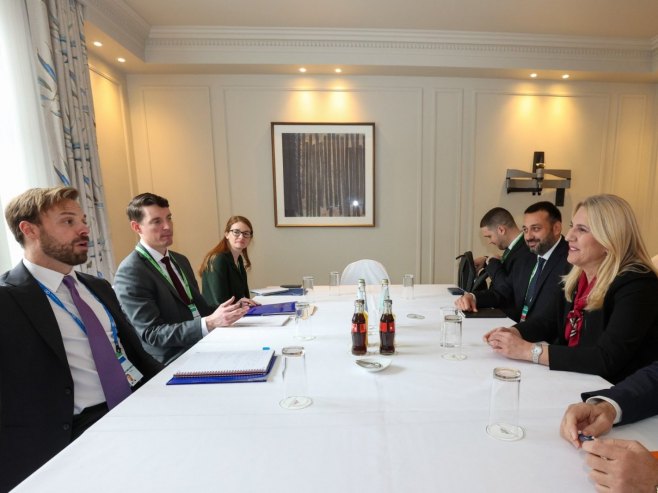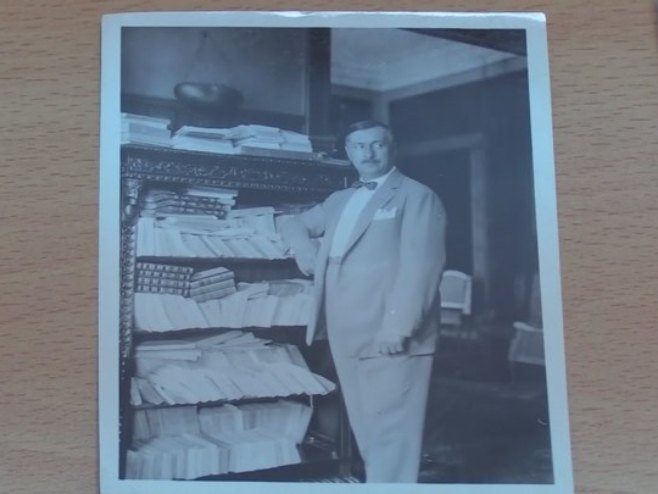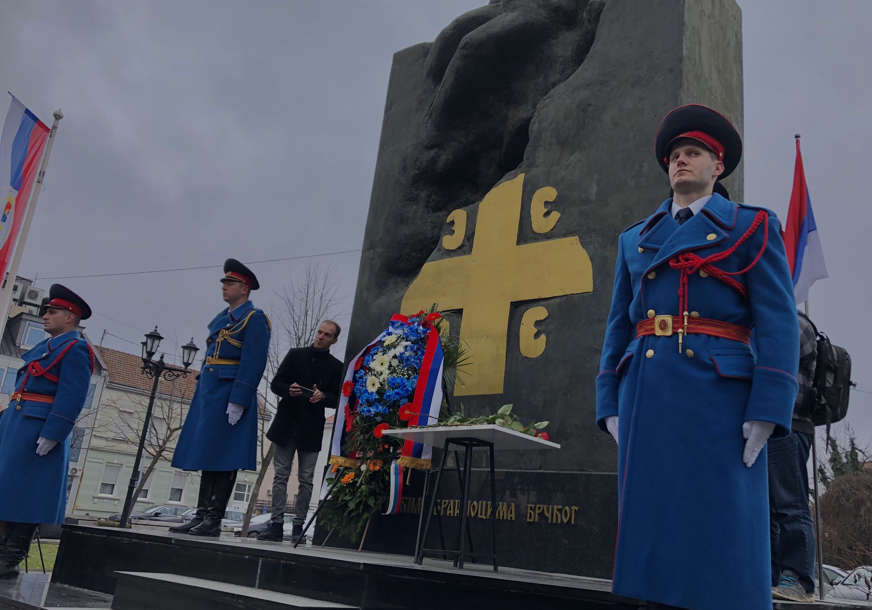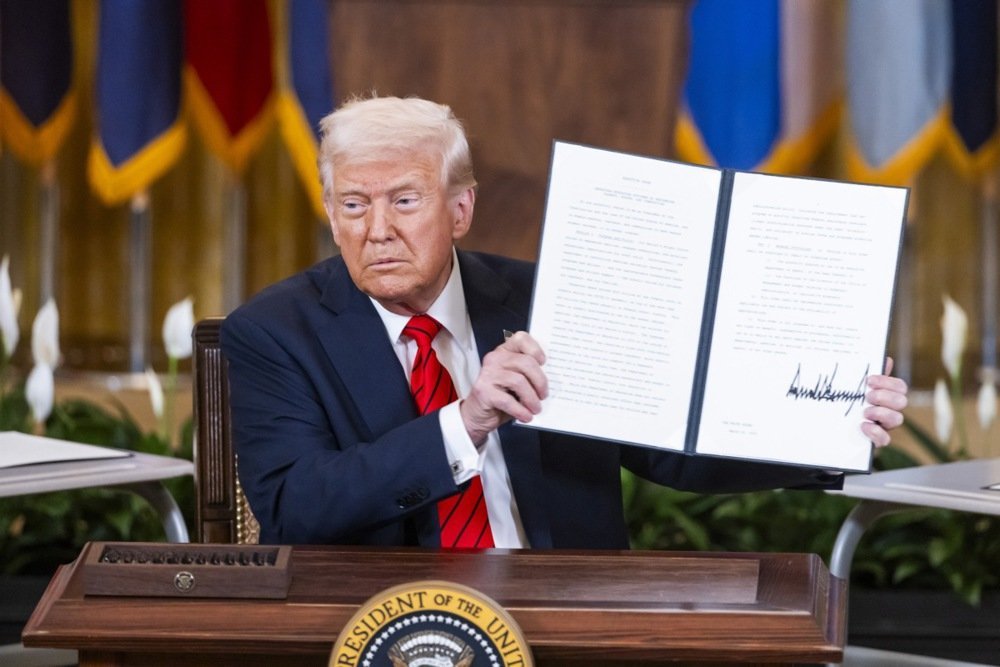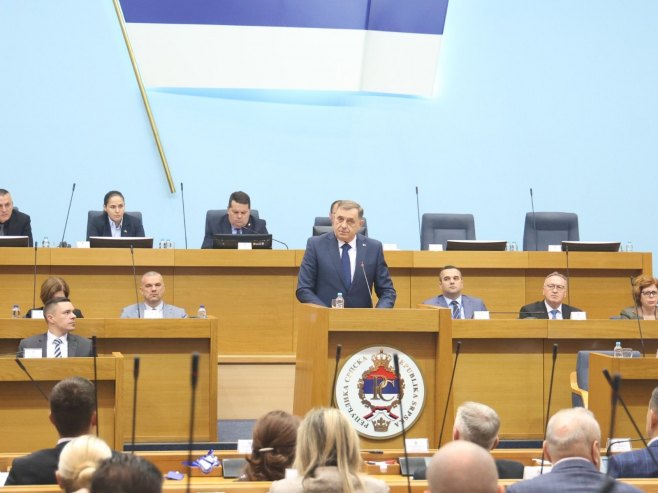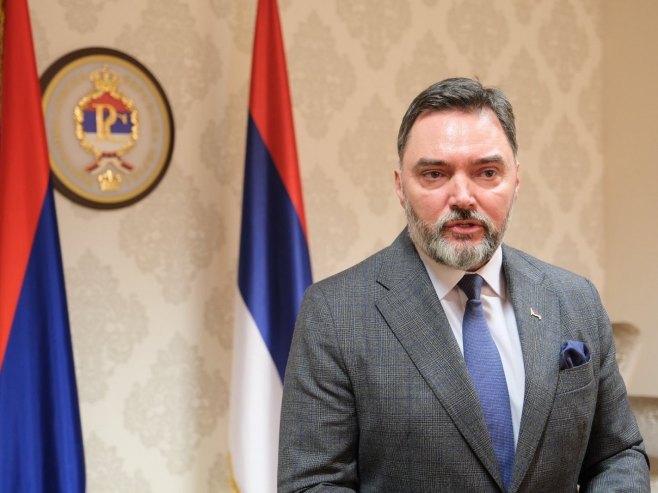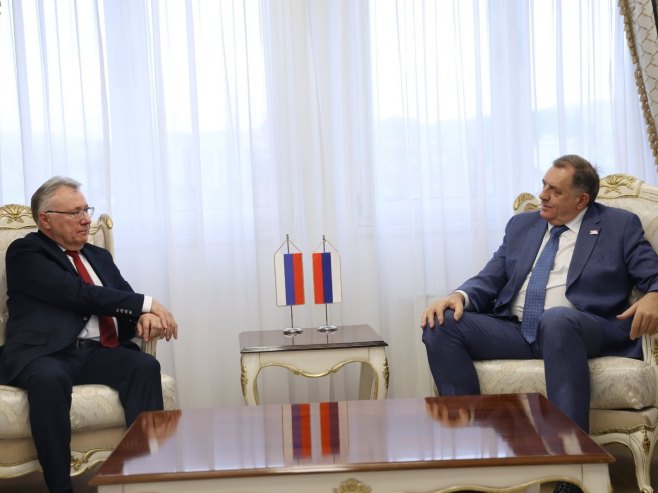On January 9, Serbs will celebrate Saint Stefan and mark 32 years since the establishment of the Republic of Srpska, emphasizing their wish for peace and the respect of their rights within the framework of the Dayton Agreement, which ended the bloodshed in Bosnia and Herzegovina in 1995, as reported by the Russian newspaper.
The text recalls that the President of the Republika Srpska, Milorad Dodik, stated that January 9 is a true and ancestral day determined by Serbs in this region.
“Renouncing that day is equivalent to renouncing oneself, one’s history, trampling everything, and accepting that you are ready to listen to the dictates of Muslims and foreigners, thus changing your character and national identity, which is not possible,” said Dodik.
The text mentions that many Balkan leaders were invited to the celebration of Republic Day in Banja Luka, but not all of them are willing to show national self-awareness and resist Western mentors.
According to the Russian Gazetta, the President of Montenegro, Jakov Milatović, has already announced that he does not want to attend the ceremony on Republic Day, justifying it with “support for the integrity of Bosnia and Herzegovina.”
The leader of the Socialist Party of Serbia, Aleksandar Vulin, reportedly pointed out that the Montenegrin president has the right to be more enthusiastic about Euro-Atlantic integrations than Serb ones.
Vulin stated that “Greater Albania” is the future for those who consider the Serb world a threat.
Russian political science doctor Yelena Ponomaryova assessed that the scenario of Balkanization is directed at the “final solution of the Serb issue” and the minimization and disappearance of Russia’s cultural-humanitarian, economic, energy, and political presence in this region.
Ponomaryova highlighted the gradual expansion of Albanian influence and control around the core of the Albanian segment, i.e., the borders of modern Albania and Kosovo*.
Speaking about the perspective of Balkanization, she said that this scenario is closely linked to the structures of transnational organized crime, primarily the narcotic mafia.
Considering the immediate support for Albanian separatism from the Anglo-Saxon bloc, starting from World War I, the scenario will be realized with the help of the United States, the United Kingdom, and several NATO member states, according to her.
Its implementation is possible in two variants, says Ponomaryova, the first being the creation of “Greater Albania,” a territory assumed to be included in a pan-Albanian federative state.
This federative state, “Greater Albania,” would consist of Albania, Kosovo*, Western Macedonia /Republic of Illyrida/, Southeastern Montenegro /Malaysia/, and Northwestern Greece /Chameria/.
The second variant, according to Ponomaryova, involves the unification of Albanian territories through the association of Islamic regions, which is supposed to become a bridge between the Middle East, Turkey, and Sandzak.
“This project is practically part of the broader strategy of Al-Qaeda, a terrorist organization,” added Ponomaryova.
Source: RTRS
